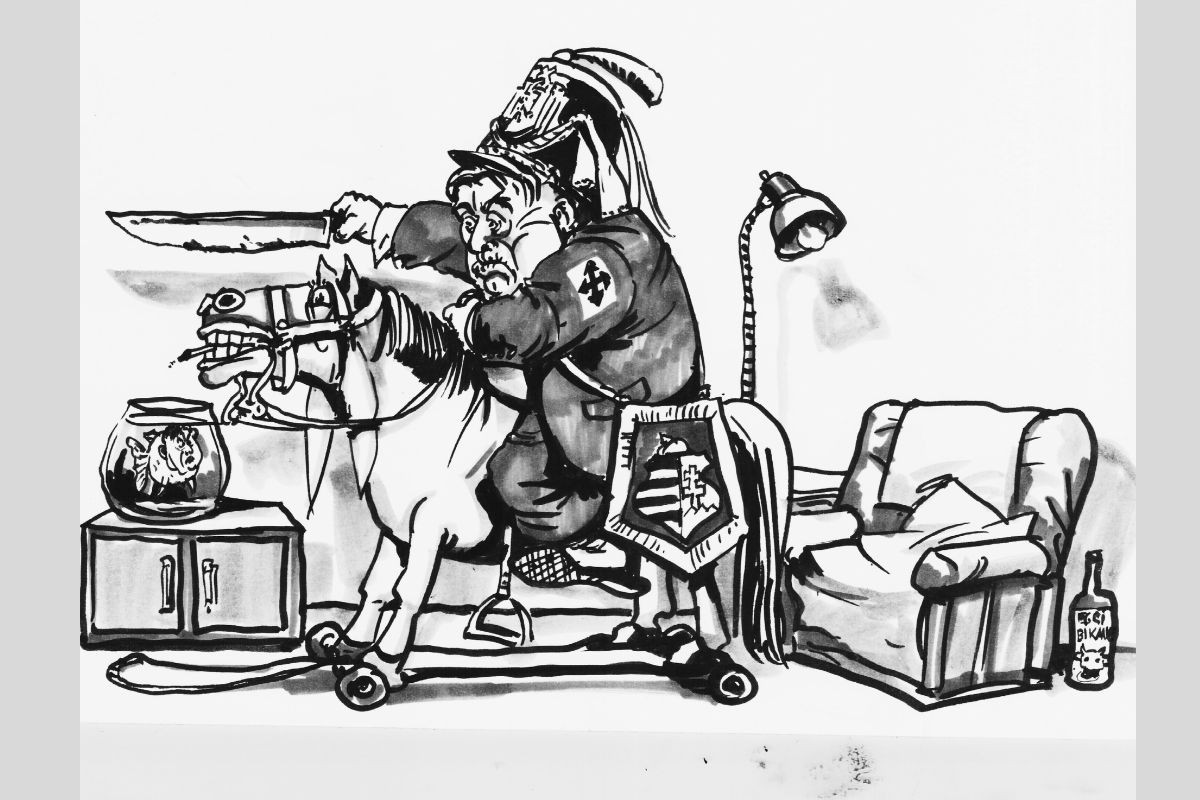How Fidesz’s irredentism strains neighbourly relations
“Greater Hungary”, also known as “Historic Hungary”, refers to the territory of the Kingdom of Hungary as part of the Austro-Hungarian Empire before the First World War. Today, the notion of Greater Hungary involves an irredentist political idea and refers to territories Hungary lost through the Paris Peace Treaty, in Hungary more commonly known as the 1920 Treaty of Trianon, which ended the First World War between the Allies and Hungary.
July 4, 2023 -
Gabriela Greilinger
-
AnalysisIssue 3-4 2023Magazine

Illustration by Andrzej Zaręba

































